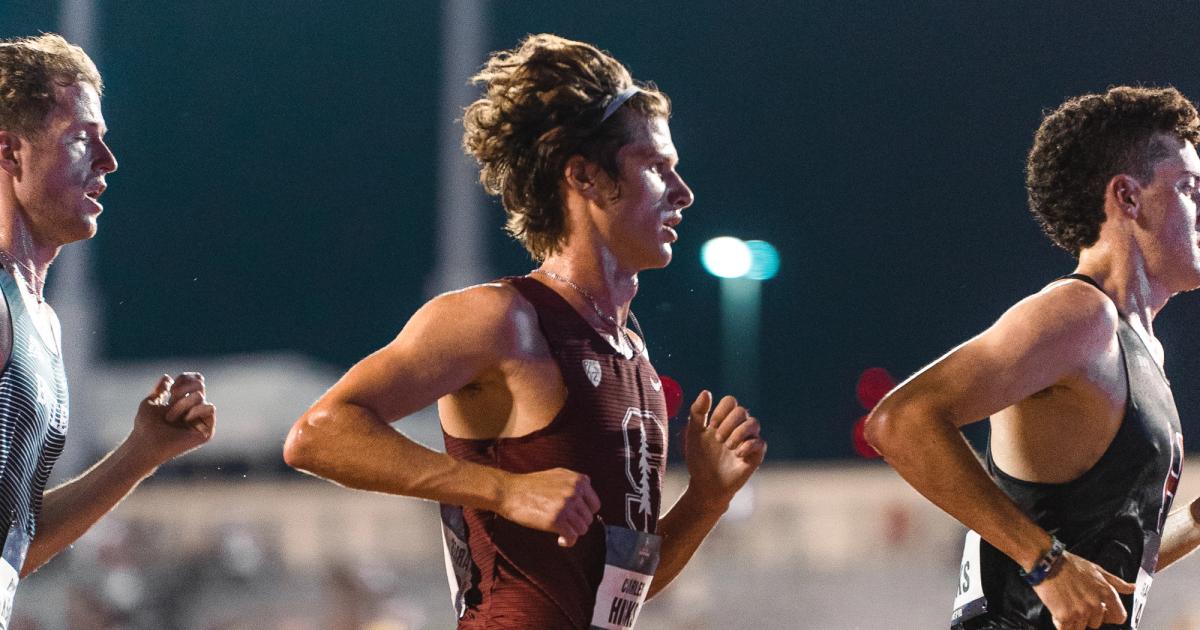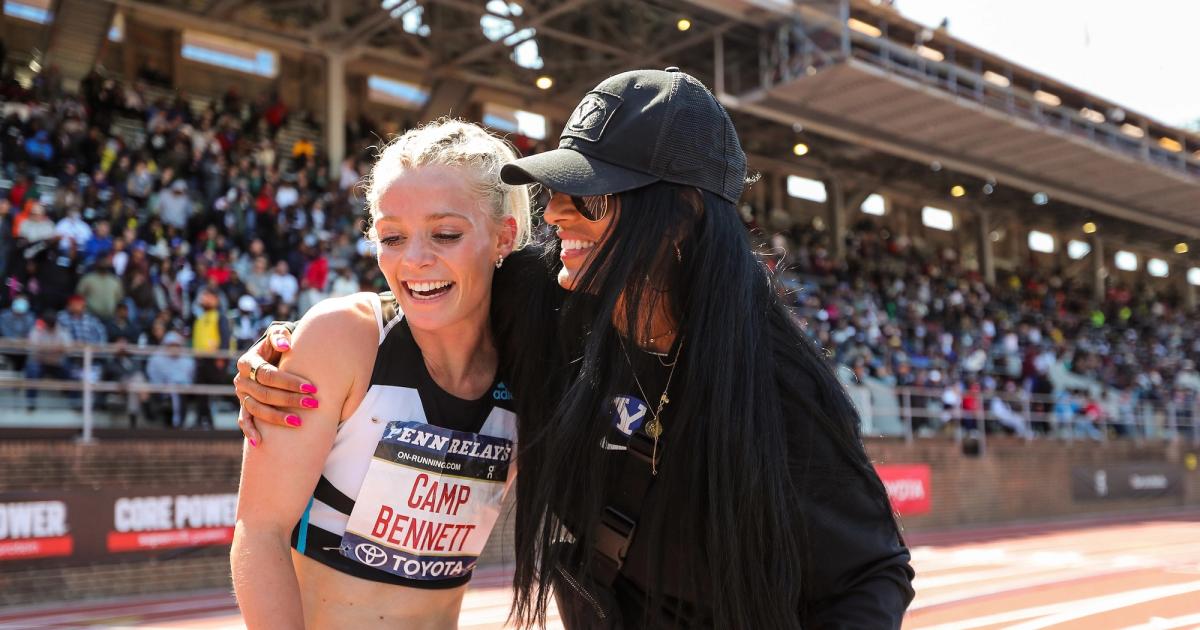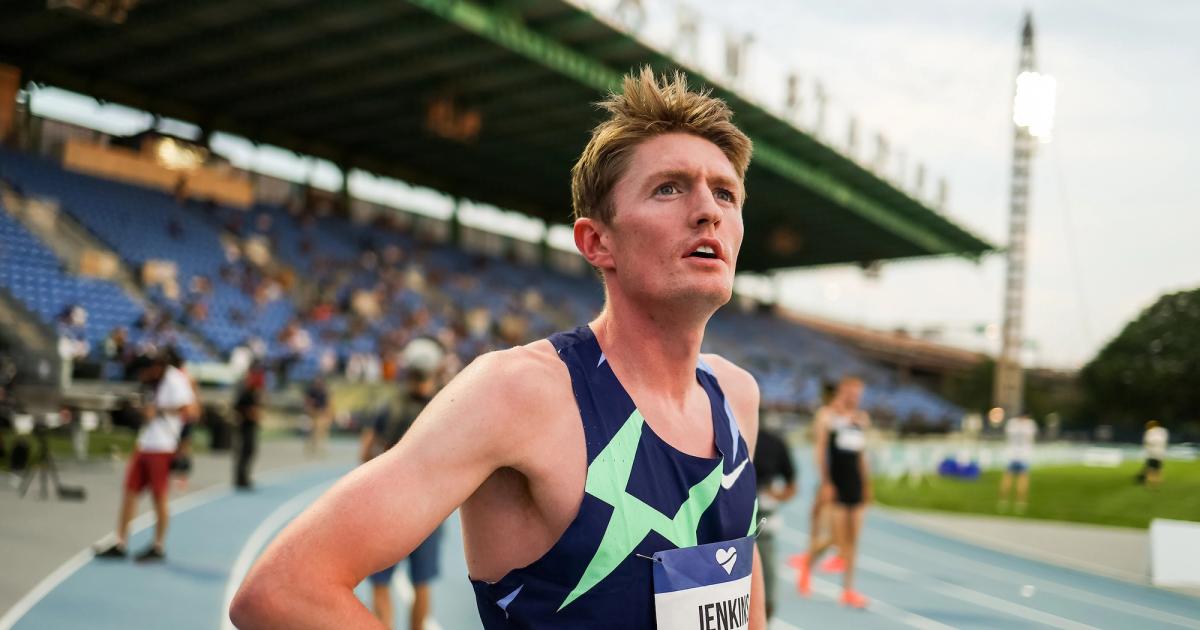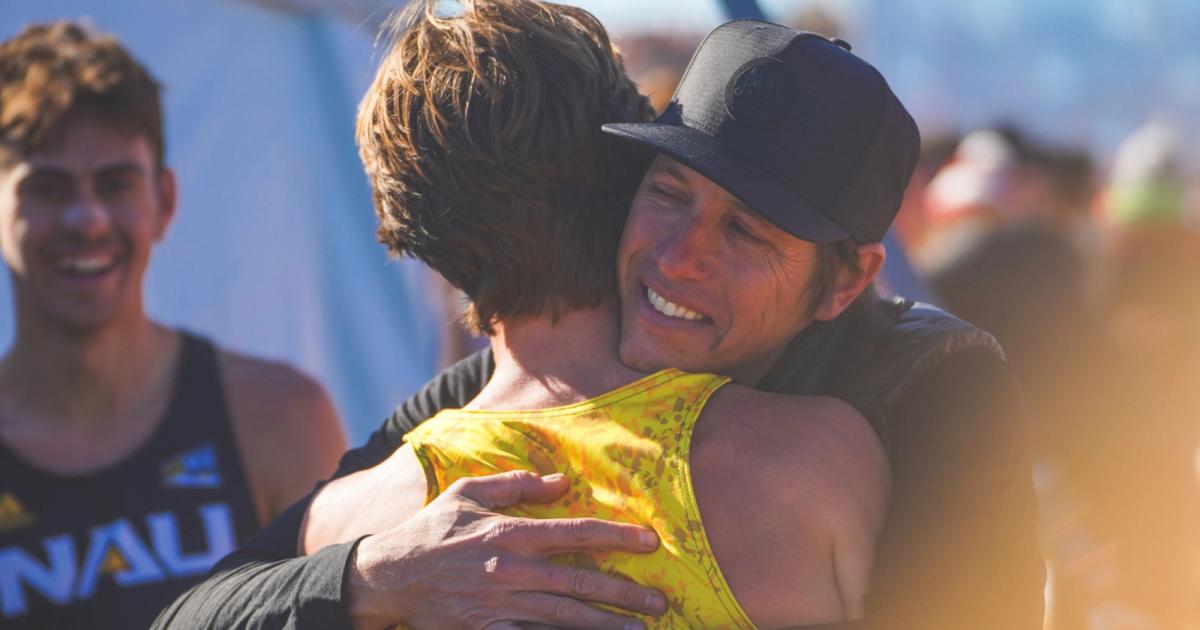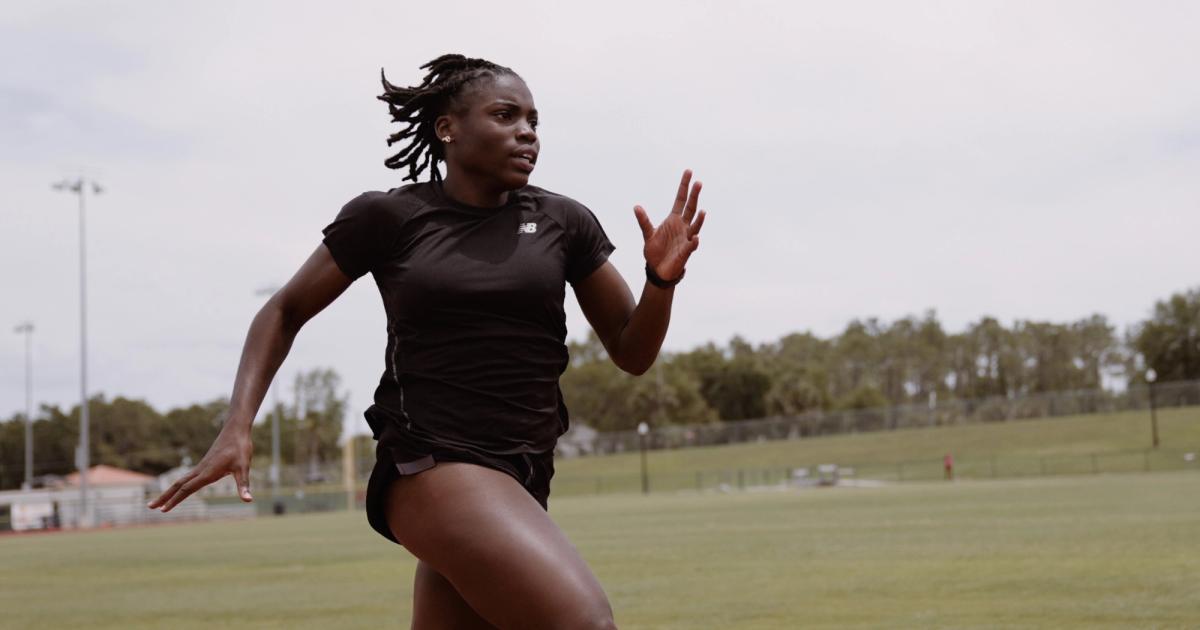June 30, 2023
Listen
"Even in the first week, it's just extremely apparent that this is the perfect environment for me. We've already done workouts that would pretty much have been impossible for me before, but I think it's just having so many World Championship Olympic quality guys in a train that I can just hop into and be a part of that just really elevates every athlete. A lot of people think you become the average of the people you spend the most time around–and these guys are just the absolute best in the world."
Charles Hicks is coming off a runner-up finish in the 10,000 meters at the 2023 NCAA Outdoor Track and Field Championships, where he finished right behind his Stanford teammate Ky Robinson.
Last November, he made history as the first runner from Stanford University to win an NCAA individual cross country title. In his four years at Stanford, he has earned multiple All-American and Pac-12 honors and titles. In addition to all of the collegiate success, he is a two-time European under-23 cross country champion while representing Great Britain.
Now, he’s ready to open a new chapter. He has decided to forego the remainder of his NCAA eligibility to turn pro, sign with Nike and join the Bowerman Track Club under coach Jerry Schumacher.
In the latest episode of The CITIUS MAG Podcast, we discuss everything about the decision, how long he’s wanted to be a pro runner, what his hopes are for representing Team GB at global championships and the future of his YouTube channel.
For more, listen to the episode on the CITIUS MAG Podcast feed. Available on Apple Podcasts, Spotify and other major podcast publishers.
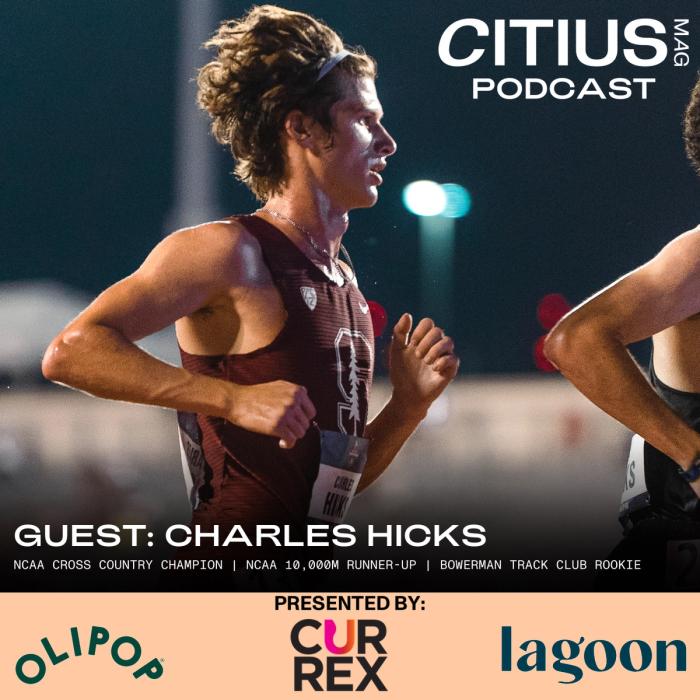
Xavier Gallo/@xaviergalllo
NOTABLE QUOTES
The collegiate landscape has changed a lot since NIL entered the fray. For someone like you, how do you navigate the process of turning pro? Where did you look for advice?
“I reached out to an agency (Flynn Sports). I was just curious. Even after winning NCAA’s, it didn't seem like it was 100% going to be in the cards, but they were able to talk to their contacts and see whether or not that was going to be a reality. And then when it looked like it was going that way, it was really exciting. And we just capitalized on that. It was just incredible because you really feel like you're at the start of something completely new and something that could be incredibly beneficial for a lot of athletes, especially in the smaller sports. So it was really fun just to be able to get experience for myself and then also share my experience with my teammates, negotiation-wise, making connections, you know, working with an agent on something while you're still able to stay in college, and I think it's just extremely valuable to get those kinds of experiences.”
So in Austin, you go 1-2 with Ky Robinson in the 10k and then you finish sixth in the 5k. How do you feel about those being your final races in a Stanford uniform? What made it feel like the right time to go pro?
“I mean, each of those races is incredibly special in its own way. Obviously, going 1-2 is just a huge symbolic, real physical manifestation of a lot of the work we've been putting in. Arguably, we haven't been able to capitalize exactly how we've wanted to every championship. But that was just something that I think from a team perspective made me feel good about what we've been able to build these past four years. So that was really incredible and downright amazing to see Ky launch into this next phase of his career that I think we've all thought he's been ready to be in for a long time now.
And then the 5000m was incredible as well to have Ky win it. We just got enough points to secure third as a team with only three guys. Scoring is pretty much the best way I possibly could end it out. Absolutely incredible way to end it. That's why you're there, to contribute to a team.
Putting my head down and getting that done was extremely rewarding.
For the next phase, I think it's just a whole different ball game. I think even in this one week I realized that at this level that stuff really doesn't matter. That's all in the past, kind of like when you get to college, the high school accolades just kind of go out the window. It's what got you there, but it's not really laurels you can rest on. And I think that's when I perform best–in an environment where I'm just pining away. It's essentially like a complete fresh start. I really appreciate just being able to tackle a whole new range of challenges. It feels like I'm on a new frontier.”
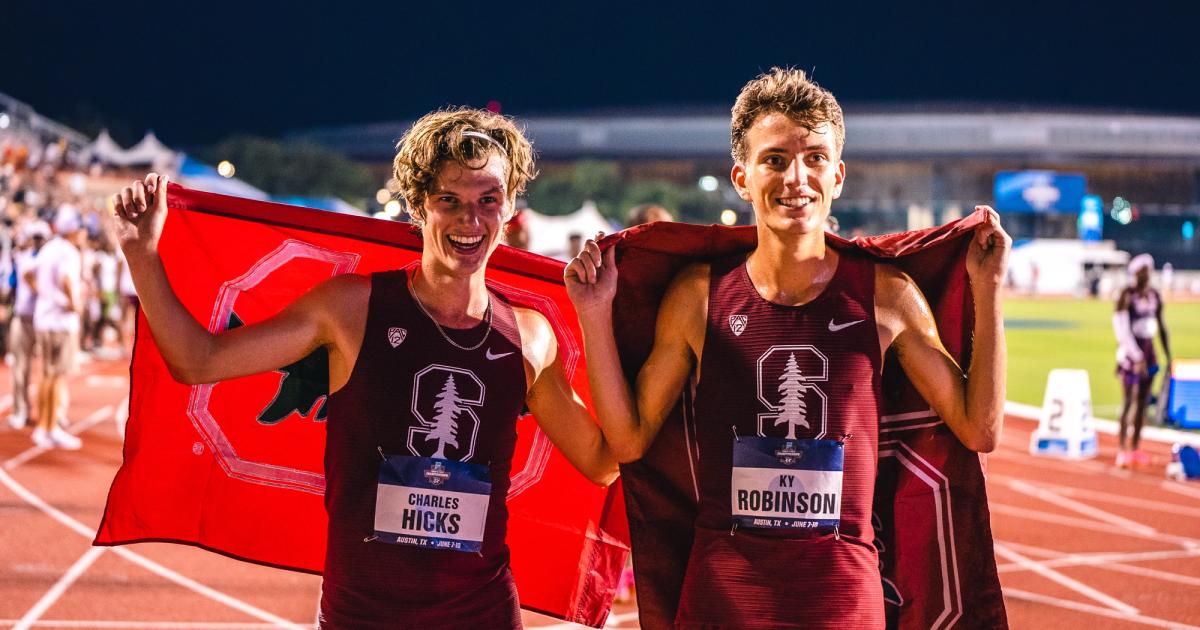
Xavier Gallo/@xaviergalllo
One week in Park City with the Bowerman squad so far. What’s the rookie feeling been like?
“It's been unbelievable. I think there are so many reasons why I wanted to come out and join this roster and this team. Even in the first week, it's just extremely apparent that this is the perfect environment for me. We've already done workouts that would pretty much have been impossible for me before, but I think it's just having so many World Championship Olympic quality guys in a train that I can just hop into and be a part of that just really elevates every athlete.
A lot of people think you become the average of the people you spend the most time around–and these guys are just the absolute best in the world. So it’s been absolutely amazing and rewarding to join these kinds of workouts and have the environment and culture that they have out here and now take what I've learned from Stanford and do my absolute best to try and help them out."
You're the latest in the Stanford-to-Bowerman pipeline that has gone on for years from Chris Derrick to Grant Fisher to Elise Cranny. What is it about the Palo Alto connection that matches up well?
“It's really interesting. Part of why I went to Stanford is that sort of competitive mentality. You want to be the best at everything you can be. And I think that when you narrow that down – that drive down into one thing and when you kind of just decide to put it all into running – it's just an extremely effective motivational well to draw from. I know for me already, leaving some academics behind opens up the possibilities of what I can do – recovery, getting more mileage. I'm up at altitude, but honestly I'm more relaxed than I've been in a long time. That's also why you go to Stanford…You want to get that degree and you want to work hard. And I think this is a team that revolves around working hard and accepting that pushing a little bit further is going to get you a lot more down the road. So I think maybe it's something about delayed gratification if I had to guess.”
Your dad is a great follow on Instagram. He posted some graduation photos. What are you going to do with this cognitive science degree now that your full-time job is going to be professional running?
“It's in the back pocket. I'm going to try to monitor computer science and make sure that I don't get too behind the times. But I think the focus right now is just to run as well as I absolutely can. The reason I went to Stanford was really to give myself 100% of running without worrying about the downside of if it doesn't work out…I think the reward now is that I have that degree whenever I need it. But for now, I get a ten-year vacation to just grind myself in the dirt.”
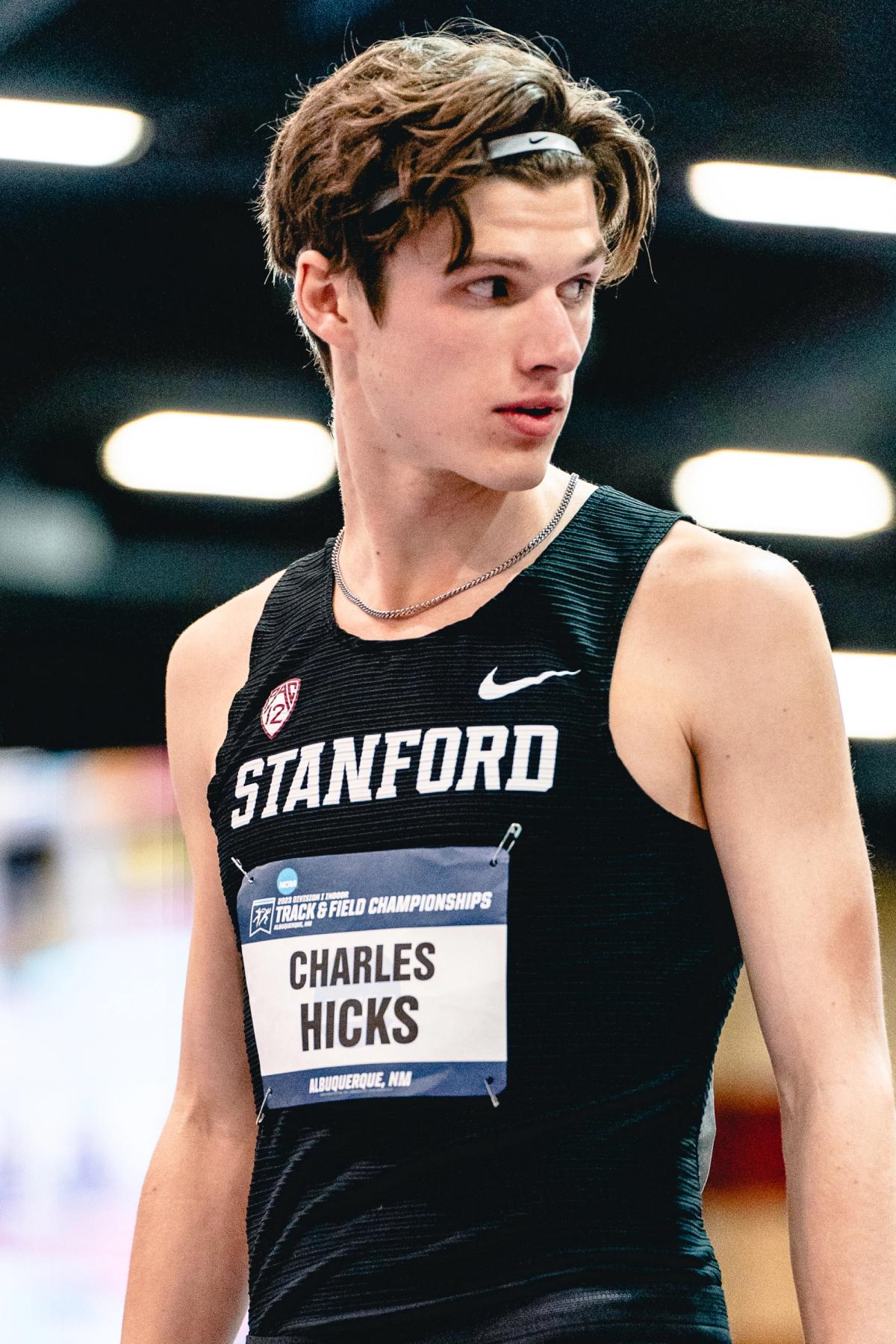
Xavier Gallo/@xaviergalllo
One thing that you brought up before was this dream of being a professional runner. When did that really start for you?
“I can pinpoint it pretty much exactly to when we all got sent home for COVID my freshman year. When you get to Stanford, there's so many ways and directions that you can succeed. It’s an amazing opportunity. But there's a lot to consider, especially when it's just a whole new world for you…
When we all got sent home, all I was doing every day was pretty much just training and ust trying to get better by running as much as I could. I was running way more than I'd ever run before, and I was just so happy to be singularly focused…
At the end of every day and at the end of every year, you have this whole tapestry worth of achievements and difficult days to look back on and be proud of, irrespective of how your races go. It's a certificate of achievement. So I think it was just those little gratification moments–getting through a ten-mile run, sweating through summer in Florida. It just built up and built up. And then when I got back to campus, it made me feel incredibly good about myself and there was no race. So I think I knew at that point I was just in love with purely running. And it's what I want to do for as long as I can possibly do it. And since that point, I've just been gunning it to try and get to a similar situation where I can just be singularly focused on that. And I think Stanford was the perfect place for me to get here.”
“Running's pretty simple. The work you put in is usually the reward you get out and barring injury, you know, I think it was just I was able to do a lot more work. I was able to focus on it a lot more. And when I decided, you know, this is what I really want to do, I think you're just able to train a lot more effectively.”
Going back to last November’s NCAA Championships, It was probably mixed feelings. At the end of the day, there's the thrill of winning individually, but then a team finishing fourth and maybe not having the day that everyone had hoped for. How did you celebrate and at the same time taper that down around the rest of the team? What happened after the ESPN broadcast stopped?
“My team was absolutely incredible about it. All of us wanted that win more than anything. We sacrificed so much. Every one of us put in the same work. And as I said earlier, running is really what you get out…Our team situation didn't go as well as we wanted to…but every single one of my teammates was beyond empathetic…It's just something you reflect on and you learn from it as much as you possibly can. If you win absolutely everything in this sport, you get so much less out of it. So I think each of us will take a lesson from it at the very least, if not many lessons. And it's just a part of life. You just got to keep trying as much as you can.”
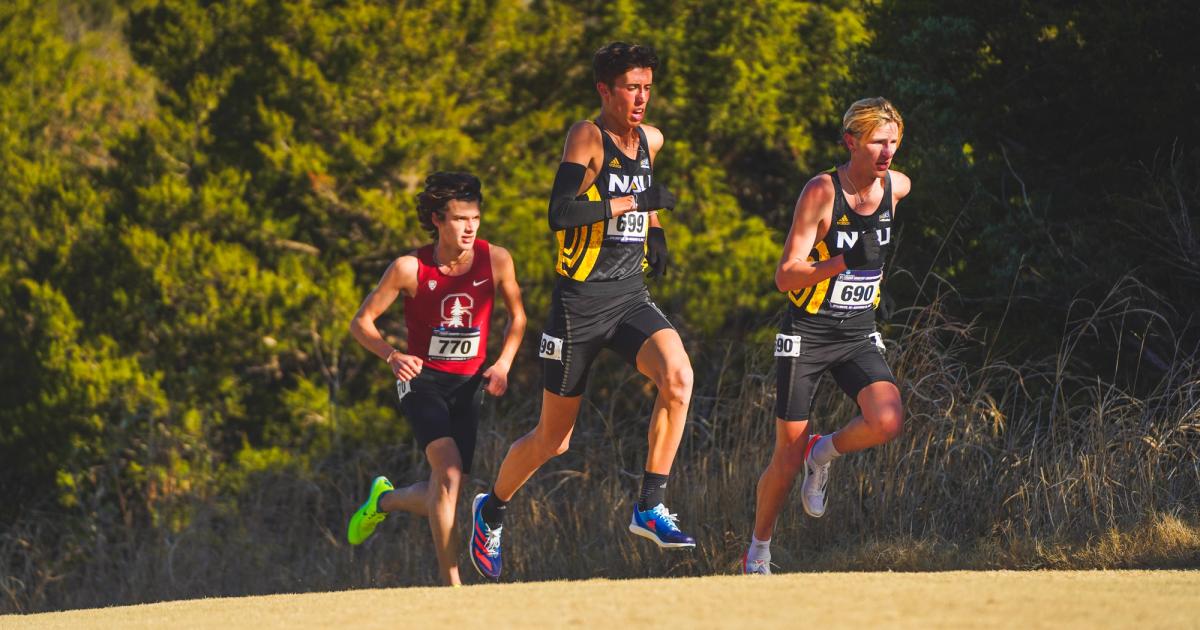
Xavier Gallo/@xaviergalllo
You had this full year of high points and some shortcomings. After the NCAA Cross Country title, it may not have been what you wanted from the indoor season. How did you handle any additional pressure and expectations that came with the success?
“I was just comfortable with the reality of the situation that you can't go out and win every race. You have to keep working…I wanted to be as competitive and outdoor as I possibly could be and I achieved that goal at the end of the year.Still, I am in great fitness and the ball's still rolling. And I think a part of the reason why the ball's strong is because we were patient.
That's just an important lesson for anyone who wants to succeed in a sport that is as cumulative as ours is. The races that I'm running now are probably built upon the foundation that we built even back in high school. You have to really quiet those immediate gratification rewards that seem right around the corner because if you over-pursue those, you might end up sacrificing things way down the road that you never even dreamed you could have gone.
I've learned a lot of lessons like that in the sport, and it sort of helped me not worry so much about what's right around the corner and just make sure I'm focused more on process goals. Getting my training done as well as I possibly can and the execution of races is really not all that different. Whether I win a race or whether it's not-so-great, it's more of a component of how much I've trained for it. So try and focus on the training and not worry about the results as much, because if you get those done, if you stay consistent, that stuff will come in time.”
What’s your road map look like to potentially try and qualify for the World Championships?
“The most important thing right now for me is just training with the guys, trying to sync up with them, push the season a little bit later and be able to take my break when they take it. It’s so that when we make the build for Paris 2024 that it can be very synchronized. But we're going to try and get out of this as much as we can.
I think the goal will be going for (World Athletics ranking) points, trying to race hard and really get as much experience as I possibly can in these first couple months of being a professional. You just have to take everything in stride…
A short answer from that long answer is that you learn as much as possible. Don't expect too much, but be grateful for whatever comes and just enjoy racing. These meets are so amazing and it’s so incredible to make them. I think you can get a little bit lost chasing them as opposed to just enjoying being competitive in these amazing opportunities. We have to be out here competing. If you focus on enjoying it, getting the job done, hopefully the points will come.”
Last question. You hung out with Danny Duncan, a YouTuber with 7 million subscribers. I remember when he was in high school and he helped out a bunch with Florida’s high school coverage and he even sent me a Facebook message way back in the day. What was the connection between the two of you? Any ideas how we can best leverage these social media stars with big followings?
“I think my connection is about the same as your connection. He just reached out to me on social media. He was driving up through California to see Eugene. It was super cool to meet him. I agree exposure for the sport is never going to be a bad thing. I think the best part about track and field is – and I've heard this so many times with so many different people – when you know and can connect with someone in the race, it just really elevates it…On the flip side, I think if you don't really know anyone in the race, the context is lost. So it's something I've always tried to do with YouTube. I think it’s really important for any track and field athlete that can get featured to make those connections between viewer and an athlete, I think is the future of where things could go. Whether or not I'm right about that is totally up in the air. But it's something I think I would like if I was on the flip side. That’s always been a goal of mine. Opportunities like that come around infrequently so I thought it was a great time to get a track meet on a platform like his and it was really cool to meet him. I love finding out more people love the sport.”
For more listen to the interview on the CITIUS MAG Podcast feed. Available on Apple Podcasts, Spotify and other major podcast publishers.
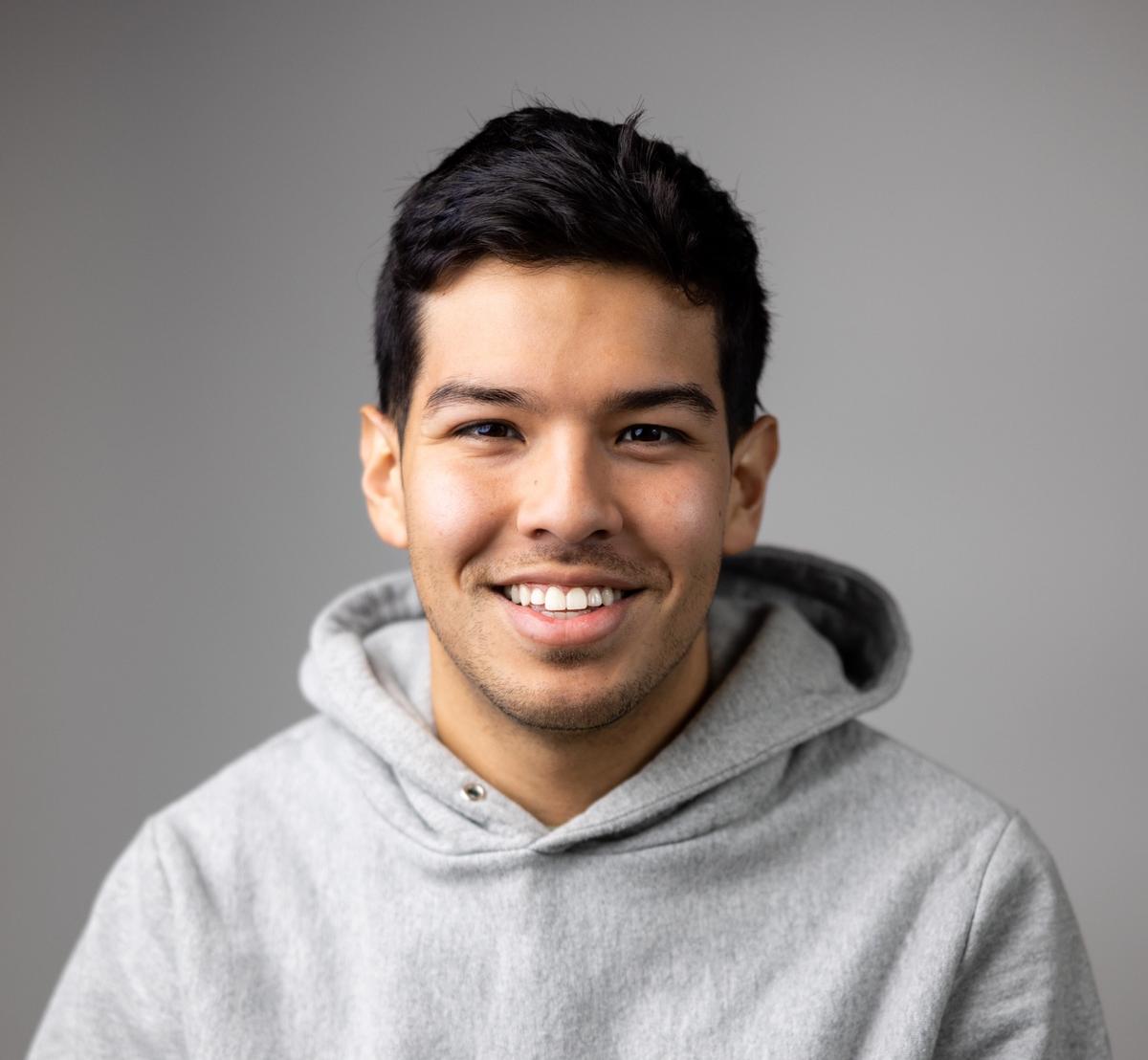
Chris Chavez
Chris Chavez launched CITIUS MAG in 2016 as a passion project while working full-time for Sports Illustrated. He covered the 2016 Olympics in Rio de Janeiro and grew his humble blog into a multi-pronged media company. He completed all six World Marathon Majors and on Feb. 15th, 2025 finally broke five minutes for the mile.
